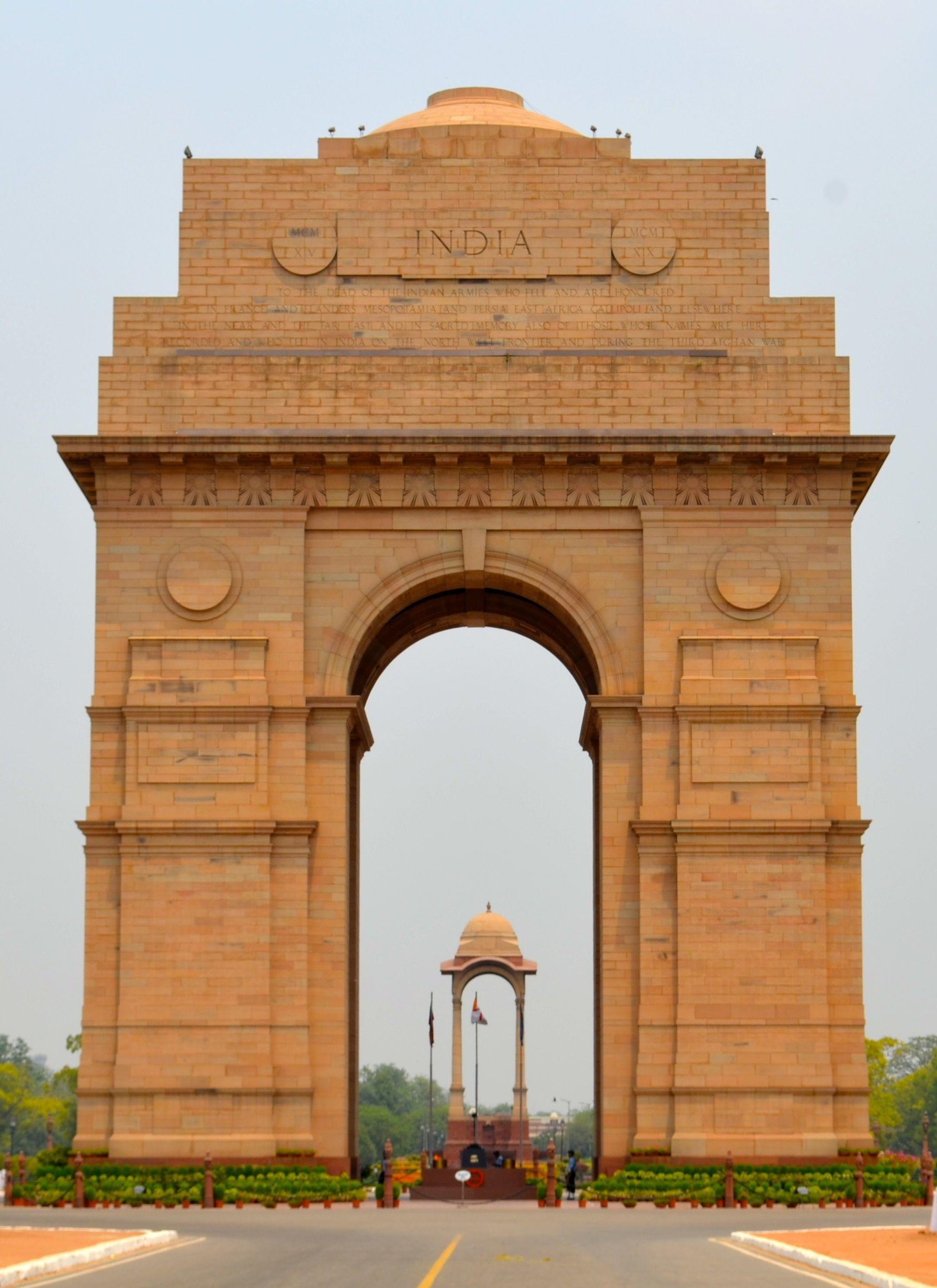
One wrong article can be damaging.. Ashley Tellis must be far sighted and thoughtful before writing such a piece..
A recent article in Foreign Affairs by Ashley Tellis is causing ripples in diplomatic circles and observers and analysts all over the world. For countries like China and Pakistan, it’s as good as it can be, for India it’s a short-sighted decision that America has always been. America has chosen China in the 70s though its interest matched with India more, as the two were democracies while China was a rising autocracy under Mao. But then Big and powerful countries make mistakes and forget as easily as they can. Such articles can be more damaging and need to be rebuked by the Biden administration. The article that we are talking about written by Tellis is ” America’s bad bet on India”.
[1] http://samanvaya.org.in/insights-foreign-affairs/americas-bad-bet-on-india-foreign-affairs/
There can be many reasons for the author to write such a negative and damaging article. One it can be a not-so-gentle reminder to India, to not take America for granted. After watching India for months since the Russian attack on Ukraine and even allowing it flexibility America might want to have a relook at the relationship. The Biden administration’s popularity is going down and has hit a record low. Biden has also announced his intent to be a Presidential candidate for 2024 is another fact to be keep in mind. In the Russian Ukraine, no country is seen to be a clear winner and the war can drag for one to many years. There is a word going on, that US will first finish Russia and then look towards China in more formidable ways. All this provides it with enough time to fine tune its policy and relationship with Asian countries including India. Let us not forget that America is the smartest country in the world as of now and its power lies not just in its military power but in advanced simulation military games.
Coming back to the article, the author writes and we quote, ” Washington’s current expectations of India are misplaced. India’s significant weaknesses compared with China, and its inescapable proximity to it, guarantee that New Delhi will never involve itself in any U.S. confrontation with Beijing that does not directly threaten its own security. India values cooperation with Washington for the tangible benefits it brings but does not believe that it must, in turn, materially support the United States in any crisis—even one involving a common threat such as China.”. Even a layman would call this a shortsighted nonpragmatic statement though it seems to be partially correct or correct at first glance. While Tellis is correct in his assessment of India versus China in terms of power and proximity there are some clear holes in the theory. For one it ignores what all can happen in the future and is casting doubt on India’s potential as a future leader. Before we put our own logic we would also like the attention of readers to this tweet by Garrison Moratto who has made some good valid and interesting points.
[2] https://twitter.com/GarrisonMoratto/status/1655309549493166080?s=20
He ( Garrison) writes and we quote, ” Diplomatically speaking, India does not possess an imperial system of might like Great Britain, or a worldwide network of associated alliances and base agreements like America, India does however possess an invaluable reservoir of goodwill across the developing world. ….””India as a nation has the rare ability to have its phone calls answered in both Washington and Moscow, making it a bridge between worlds. (21/x)…”.
There are many other arguments by Garrison that America must think and also Tellis. The biggest mistake and assessment that Tellis has done and is also damaging is when on one side he writes, America has penetrated well into the defense market of India but then applies breaks on it. To quote him, ” Finally, U.S. firms have enjoyed notable success in penetrating the Indian defense market. India’s military has gone from having virtually no U.S. weapons in its inventory some two decades ago to now featuring American transport and maritime aircraft, utility and combat helicopters, and antiship missiles and artillery guns. U.S.-Indian defense trade, which was negligible around the turn of the century, reached over $20 billion in 2020.
But the era of major platform acquisitions from the United States has probably run its course. U.S. companies remain contenders in several outstanding Indian procurement programs, but it seems unlikely that they will ever enjoy a dominant market share in India’s defense imports. The problems are entirely structural. For all of India’s intensifying security threats, its defense procurement budget is still modest in comparison with the overall Western market. The demands of economic development have prevented India’s elected governments from increasing defense expenditures in ways that might permit vastly expanded military acquisitions from the United States. The cost of U.S. defense systems is generally higher than that of other suppliers because of their advanced technology, an advantage that is not always sufficiently attractive for India. Finally, New Delhi’s demand that U.S. companies shift from selling equipment to producing it with local partners in India—requiring the transfer of intellectual property—often proves to be commercially unattractive, given the small Indian defense market….”.
The final point that Tellis makes and we quote, is ” Although China is clearly India’s most intimidating adversary, New Delhi still seeks to avoid doing anything that results in an irrevocable rupture with Beijing. Indian policymakers are acutely conscious of the stark disparity in Chinese and Indian national power, which will not be corrected any time soon. New Delhi’s relative weakness compels it to avoid provoking Beijing, as joining a U.S.-led military campaign against it certainly would. India also cannot escape its physical proximity to China. The two countries share a long border, so Beijing can threaten Indian security in significant ways—a capability that has only increased in recent years.
This is again a wrong interpretation which though looks correct. The reason is India is changing fast during the Modi government which has made borders to be an area of focus. Someone who is watching the Modi government closely would not make such a statement and we term this as rather pre mature assessment. India under Modi has built its economy and is now worlds top three economies. In the same manner, India is working under many other strategic areas like SElf-dependency, science and technology and others. While it may seem far-fetched that India might come close to China let alone overtake it, the development of India also puts pressure on noth os its adversaries to cooperate rather than engage with India. We believe that at some point China will be forced to consider India more as a friendly neighbor rather than an engaging adversary. China’s diplomacy is very calculated and has good amount of self-interest. So far it has found Pakistan to be better to friendship than India for many reasons. But once India starts offering it better gains it will not take much time to throw Pakistan, though it may sound an irrational statement as of now especially considering the amount of the strategic relationship between the two and the money China has put in Pakistan.
Therefore Ashley and hence America has to really think long term and not ignore or make an understatement of India.
Conlusion
Ashley Tellis is a respected name in strategic affairs and especially om his expertise on this part of the world. But at times even the best of the experts are liable to make mistakes, perhaps knowingly or perhaps under heavy biases of themselves.
This article to us seems to be just a one OFF , maybe to nudge India. America does not have many options at the moment and if it commits a mistake of this kind then we will say God help America. I think that should be good enough for Tellis to write another article on the same topic with more positivity and better far sight.
Best Wishes
Dr Asheesh Shah
Samanvaya
0

